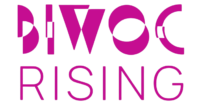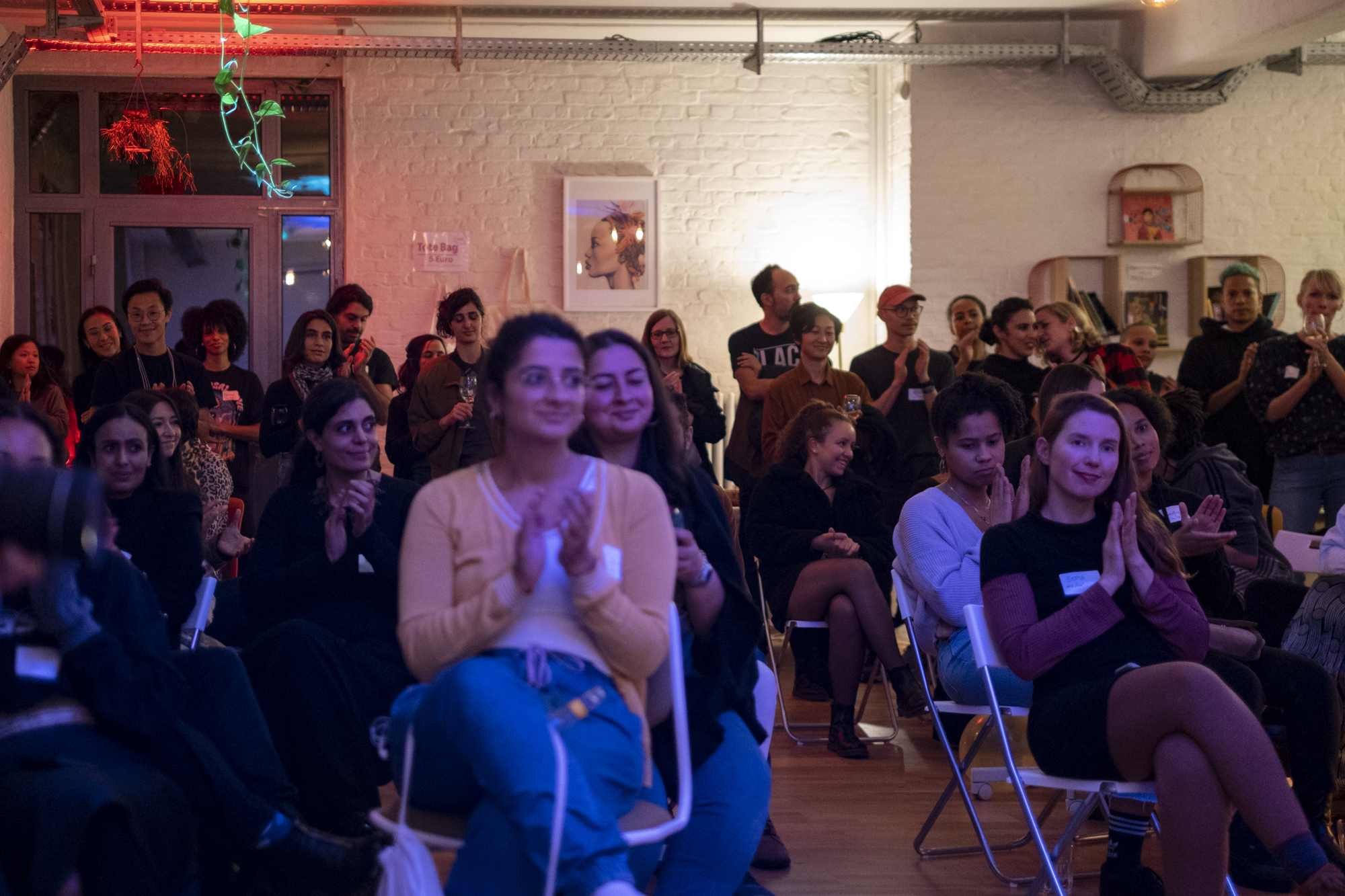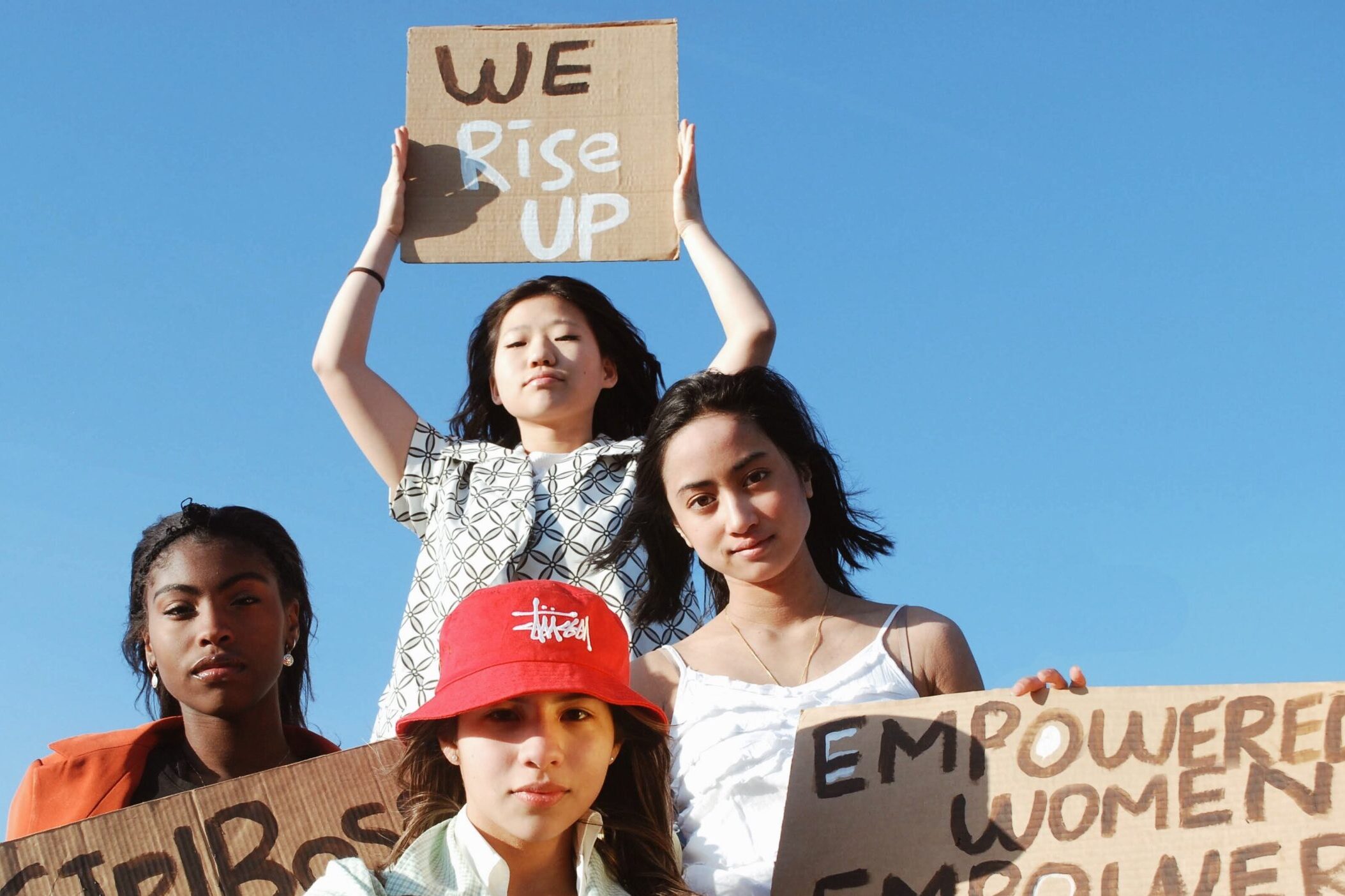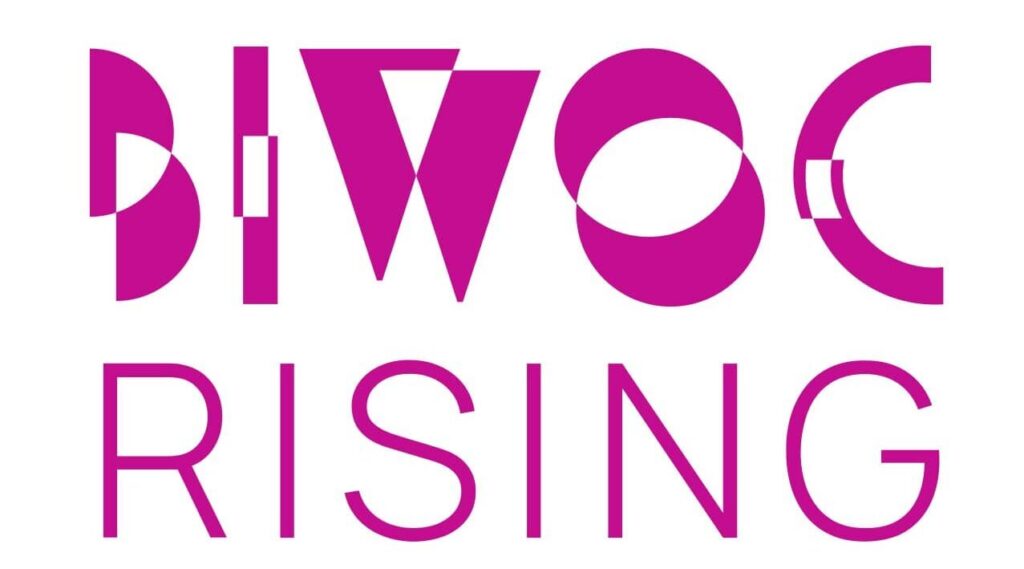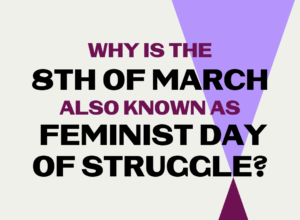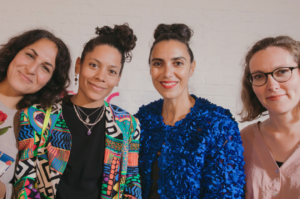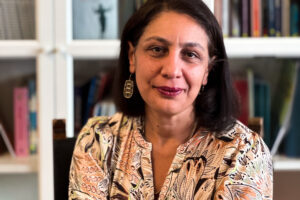FOR EQUAL DISTRIBUTION& APPRECIATION OF CARE WORK
Today is Equal Care Day.
The global action day seeks to address and shed light onto the unequal distribution of care work and lack of appreciationfor it. It also aims to highlight the importance of caregiving and its impact on individuals, families, and societies.
ECD usually takes place on the 29th of February (March 1st in common years), because just like Leap Day, care work is often invisible or passed over. It also symbolizes that 80% of care work is performed by women which means that men would need four years to provide the same amount of care work (private, voluntary, and professional) women provide in one year.
The Gender Care Gap* can have significant impacts on women’s well-being, financial security, and career prospects. Unpaid care work is often performed by women and is typically not recognized or compensated as work.
The unequal distribution of paid and unpaid care work is a systemic issue that requires a systemic response. This includes policies that provide access to affordable childcare, paid family leave, and other support services for caregivers.
Additionally, policies that address systemic gender and racial inequalities in the workforce, such as pay equity and protections against discrimination and harassment, can help to address existing issues.
An intersectional approach that takes into account the experiences of different groups of people, particularly those from marginalized communities, is essential to ensure that policies and initiatives are effective in promoting social justice.
*Note: Publications address the gender gap between men and women. Other gender identities are typically not named. To start closing this gap, @francis_seeck put out a study called „Care trans_formieren“ in which they address trans* and non-binary perspectives within care work.
For more information check out @equalcareday.
